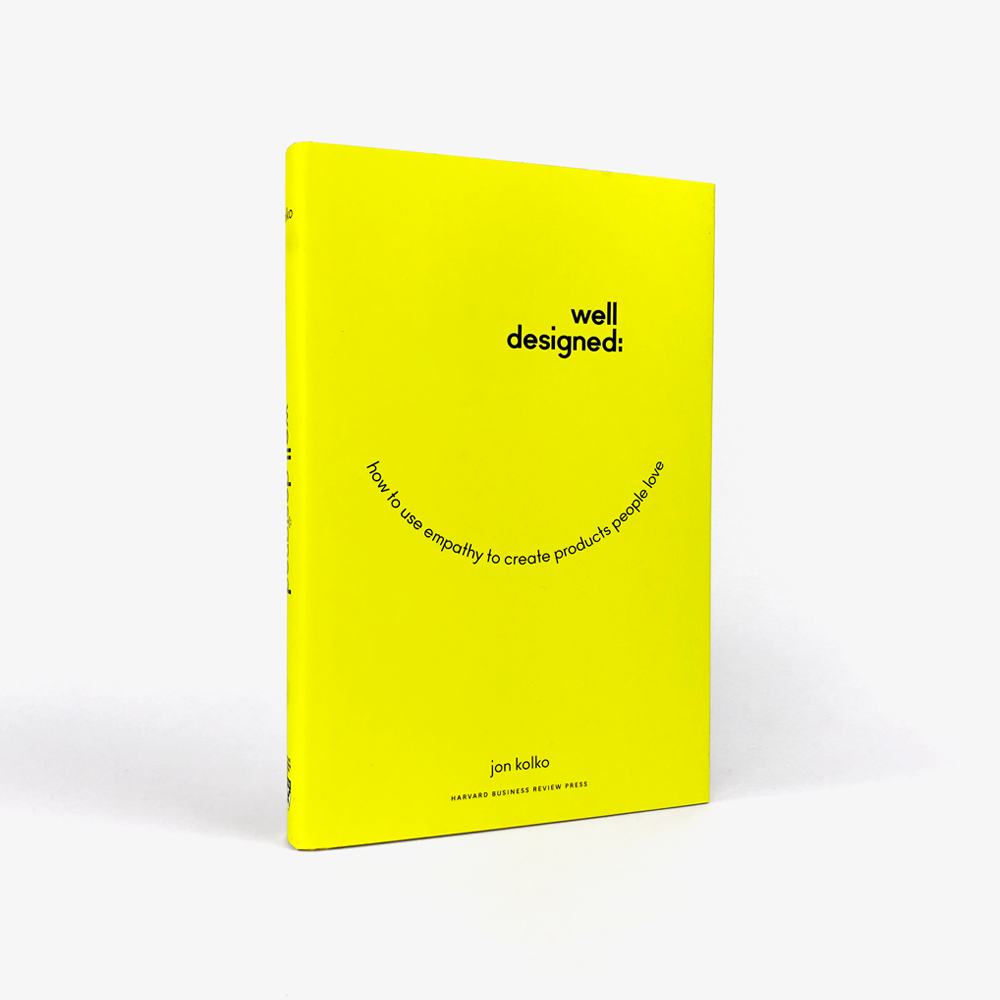Innovators today are told to run loose and think lean in order to fail fast and succeed sooner. But in a world obsessed with the new, where cool added features often trump actual customer needs, it’s the consumer who suffers. In our quest to be more agile, we end up creating products that underwhelm.So how does a company like Nest, creator of the mundane thermostat, earn accolades like “beautiful” and “revolutionary” and a $3.2 billion Google buyout? What did Nest do differently to create a household product that people speak of with love?Nest, and companies like it, understand that emotional…
Read more
Innovators today are told to run loose and think lean in order to fail fast and succeed sooner. But in a world obsessed with the new, where cool added features often trump actual customer needs, it’s the consumer who suffers. In our quest to be more agile, we end up creating products that underwhelm.
So how does a company like Nest, creator of the mundane thermostat, earn accolades like “beautiful” and “revolutionary” and a $3.2 billion Google buyout? What did Nest do differently to create a household product that people speak of with love?
Nest, and companies like it, understand that emotional connection is critical to product development. And they use a clear, repeatable design process that focuses squarely on consumer engagement rather than piling on features for features’ sake.
In this refreshingly jargon-free and practical book, product design expert Jon Kolko maps out this process, demonstrating how it will help you and your team conceive and build successful, emotionally resonant products again and again.
The key, says Kolko, is empathy. You need to deeply understand customer needs and feelings, and this understanding must be reflected in the product. In successive chapters of the book, we see how leading companies use a design process of storytelling and iteration that evokes positive emotions, changes behavior, and creates deep engagement. Here are the four key steps:
1. Determine a product-market fit by seeking signals from communities of users.
2. Identify behavioral insights by conducting ethnographic research.
3. Sketch a product strategy by synthesizing complex research data into simple insights.
4. Polish the product details using visual representations to simplify complex ideas.
Kolko walks the reader through each step, sharing eye-opening insights from his fifteen-year career in product design along the way.
Whether you’re a designer, a product developer, or a marketer thinking about your company’s next offering, this book will forever change the way you think about – and create – successful products.
Cover Designer: Annie Chin
Size: 165x240
Pages: 144
Publication: 2004
Binding: Casebound book with dust jacket


